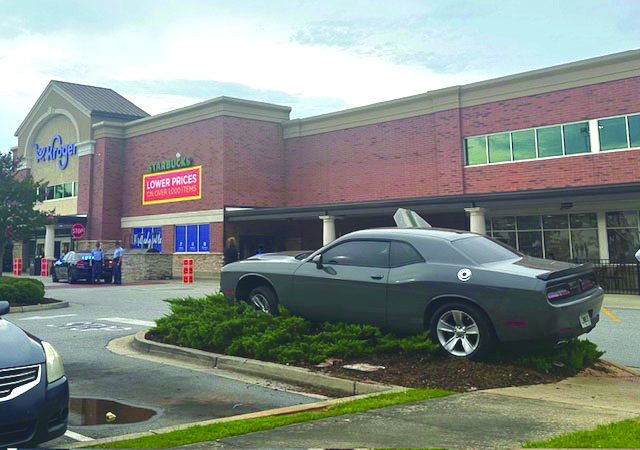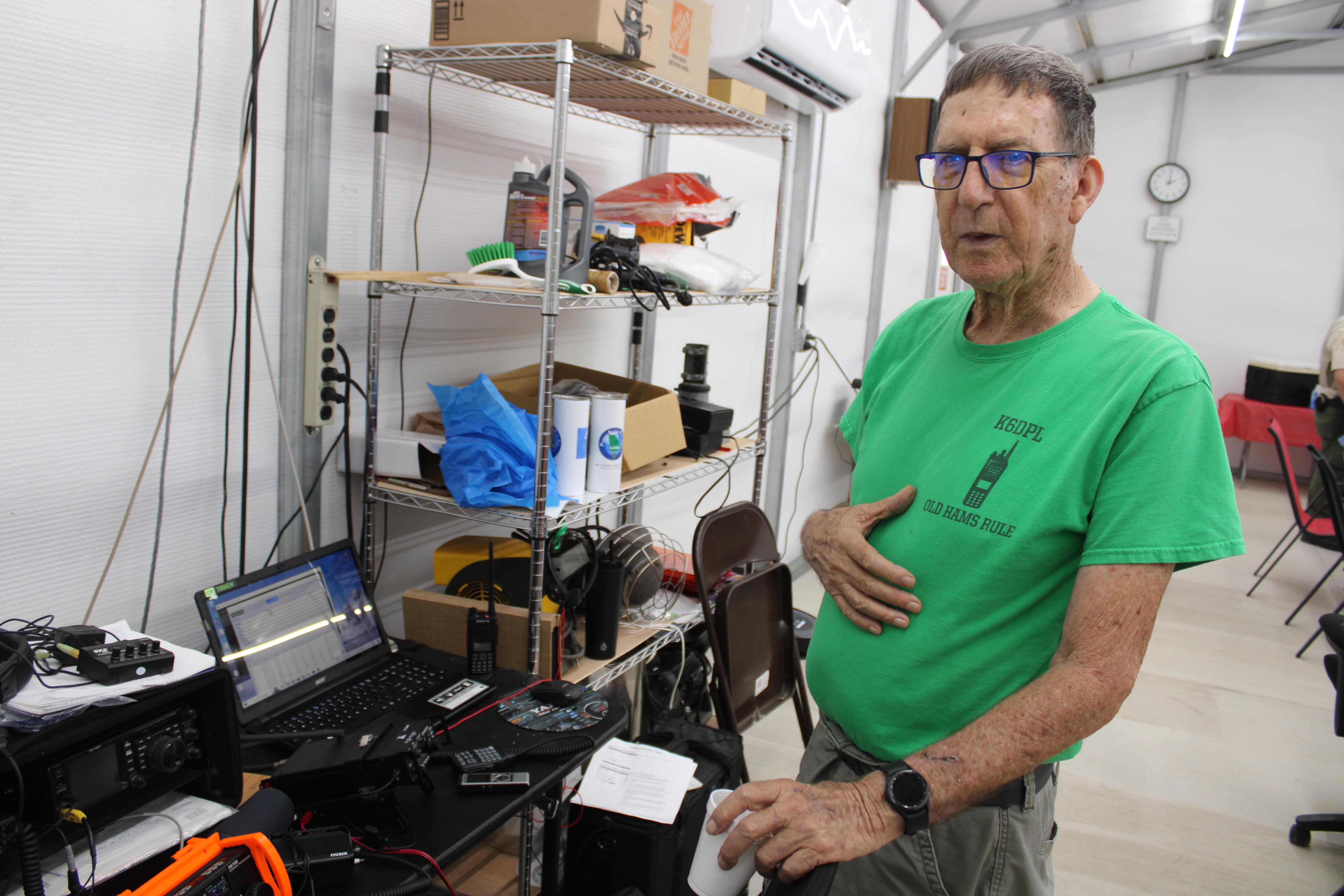EDITORIAL: Support group helps caregivers know they are not alone
Published 8:00 am Tuesday, July 30, 2024

- Editorial
More than 150,000 Georgians over the age of 65 were living with Alzheimer’s in 2023, according to the Georgia Alzheimer’s Association. This number is expected to increase to around 190,000 in the next decade, a 46% increase. In addition to Alzheimer’s, tens of thousands of other Georgians are also living with other forms of dementia.
In addition to those living with forms of dementia, their families, particularly caregivers are impacted as well.
Trending
Dementia includes various brain disorders that affect memory, thinking, behavior and emotion. Symptoms can include memory loss, difficulty performing familiar tasks, problems with language and changes in personality.
Alzheimer’s is the most common cause of dementia.
While significant strides in care and treatment have recently been made in the fight against Alzheimer’s and other forms of dementia, we all no doubt know someone who has directly been impacted by some form of dementia. Maybe it’s a grandparent or even a spouse, a family friend or another close relative.
Fortunately, now local families and caregivers have a form of support. The newly formed support group, organized by local volunteers, is a welcome addition for those caring for family members with some form of disease.
The goal is to help educate caregivers and provide resources and information through the Alzheimer’s Association. It’s available for caregivers to help and support each other in dealing with the disease and its impact on families, finances and health and medical needs.
The group will hold its first meeting at 2 p.m. Aug. 1 at Milledgeville First Methodist Church, 366 Log Cabin Road NE, and will continue meeting at that same time and place the first Thursday of every month. Meetings are free to attend and no RSVP is required.
Trending
For more information on the support group meetings call 706-474-0578 or Dalrymple at 478-454-6652.
Thank you to the volunteers who have put this group together, and thank you to the caregivers for helping meet the challenges this disease presents and caring for their loved ones. We encourage our readers to be sensitive and caring both toward individuals who suffer from the various forms of dementia and their caregivers whose lives are often disrupted in ways that are difficult for anyone who has not gone through it to understand.
Caregivers need to know that they are not alone.





